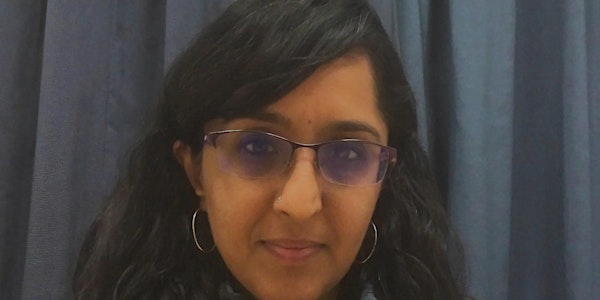
Demanding Land Rights in Assam: Private property & its critique from below
Let's discuss the struggles for land rights in Assam, India, and challenge the concept of private property from a grassroots perspective!
Date and time
Location
Online
About this event
- 1 hour 30 minutes
Welcome to the event 'Demanding Land Rights in Assam, India: Private property and its critique from below'!
Summary:
As a liberal institution closely linked to the project of capital accumulation, the institution of private property in land has emerged as the hegemonic social form of land across the world. It is marked by the contradictory tendency of serving as a secure form of landholding in its formal recognition and predominantly inalienable character, while at the same time ideologically serving the project of colonisation of lands by alienating a wide set of land users. In a context as Assam, a state in India’s northeast, the project of private property is as yet incomplete, and conflicts around land acquisition or land rights are marked by competing notions of land. The state in Assam is presently in the process of digitising and ‘settling’ property rights to convert a complex grouping of land tenures into private property holdings. While this move is projected as finally granting secure land titles to peasant and agrarian households, it serves a long-time agenda of the World Bank and of neoliberalism more broadly in systematising land rights in the Global South so as to facilitate smooth acquisition of land for various ‘development’, agribusiness and energy projects.
Within this context, this talk will examine the nature of peasant assertions around land in Assam. It will do so by taking up three sites where land dispossession has either taken place or is immanent, in order to understand the way in which claims to land are made. The three cases demonstrate the complex and variety of ways in which land is held and rights in land are framed. Drawing from the assertions within each of these cases, labour and social reproduction emerge as central anchors within a politics of land in Assam. Even as they demand individualised (i.e., for each household) legal entitlement to land, the basis of claim-making challenges central underlying assumptions and values associated with private property. With the political demand of land reforms having taken a back seat in agrarian politics across the country, this presentation will attempt to initiate a conversation on how a peasant politics of land is characterised in the contemporary context. It does this by examining what it looks like in one part of the country to explore how peasant politics can articulate a demand for land outside of the notion of private property.
Bio:
Vasundhara Jairath is Assistant Professor in Development Studies at the Department of Humanities and Social Sciences, IIT Guwahati, India. Her research work has focused on the political economy of land and dispossession with a focus on anti-displacement social movements and their diverse articulations. Adopting a South-South comparative and collaborative approach, her doctoral work looked at the historically contingent and heterogenous ways in which an indigenous politics of anti-displacement was articulated differently in Mexico and India. She has continued working with colleagues in Mexico who work on similar themes and is currently co-coordinating a Special Issue tentatively titled, Dispossession and Resistance: Negotiating Capital in India and Mexico, in the Journal of Developing Societies. She is currently heading a 2-year project funded by the Indian Council of Social Science Research on ‘Political Economy of Land and Development in Assam’ where she is examining the nature of politics centred around land, a particularly vexed question in Assam, in the current context of conflicts around forced land acquisition and land grabs.
Together with her engagement with Latin American scholars, she has increasingly worked towards exploring engaged methods of research, particularly given her theme of working with communities actively involved in struggles to defend their lands. Since her move to Assam seven years ago, she has worked actively with movements against land acquisition and much of her research/academic work goes hand in hand with working in solidarity with communities to produce knowledge that is simultaneously useful to the communities.
Chair:
Dr. Mihika Chatterjee is a lecturer in International Development at the Department of Social and Policy Sciences (SPS), University of Bath. She is the incoming co-convenor of the Land, Labour and Politics of Development Study Group, starting in February 2024.
This seminar is part of the Land, Labour and Politics of Development Study Group Webinars led by Dr. Rama Dieng in 2023/24